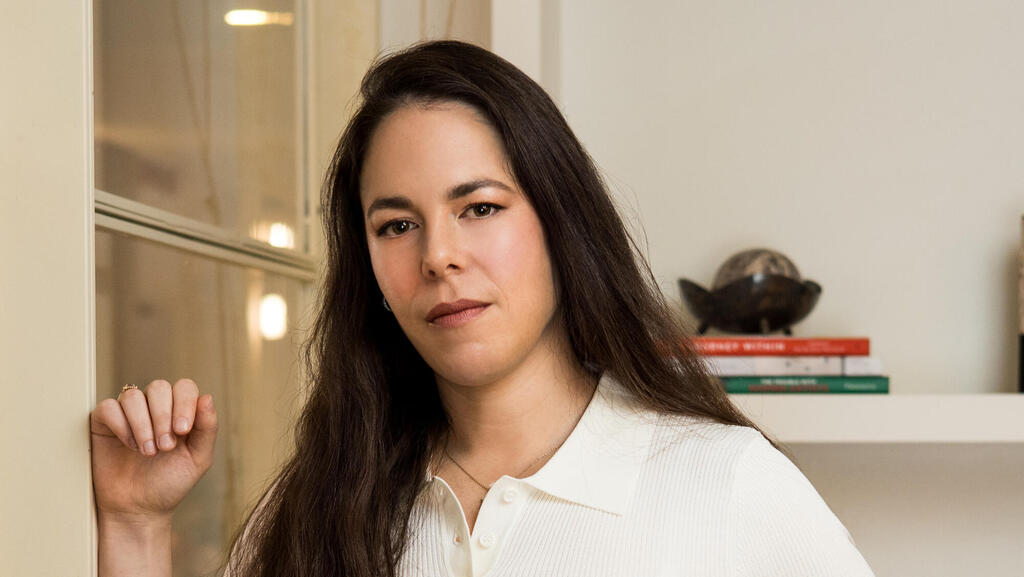
Ex-hacker Tal Kollender raises $65M in Remedio’s first funding, valuing cyber startup at $300M
After six years of profitable growth without outside funding, the female founder and ex-hacker is aiming to scale the autonomous cybersecurity platform.
Cybersecurity company Remedio (formerly GYTPOL), which has developed a platform that gives enterprises complete visibility into configuration risks and autonomously fixes them, raised $65 million in its first funding round since its founding. The company is co-founded by Tal Kollender, a former teenage hacker and Israeli cyber unit veteran.
Full list of Israeli high-tech funding rounds in 2025
The investment was led by Bessemer Venture Partners, with participation from TLV Partners and Picture Capital. In parallel with the funding, the company changed its name to Remedio, reflecting the essence of its product: Remedy, representing the cure and repair of computers, and Remediation, emphasizing the autonomous repair performed by the platform’s modules.
After six years of profitable operation without external investment, Remedio plans to use the capital to expand into additional markets, strengthen its presence in the United States, and accelerate the development of the next generation of autonomous security management solutions. The company was valued at $300 million in the funding round.
"We founded the company because we saw a fundamental flaw in organizations' security systems, configuration errors that allow silent intrusion into systems," said Tal Kollender, CEO of Remedio. "We built a profitable business on our own and watched it grow rapidly as we built trust with our customers, without raising a dollar. But now, with momentum from global enterprise customers and a product that’s proven its value, it’s time to scale."
In a conversation with Calcalist, Kollender added: "The entire fundraising will go into the company's coffers. We had offers in the past but declined them. At a certain point, a very good offer came from Bessemer, who understood my vision. We have been profitable from day one, and the timing was perfect. We received many offers but limited the investment amount to ensure we build the next big thing in this world."
Related articles:
Kollender explained the rationale behind the name change: "We changed the company’s name because we handle every problem and fix it without any impact on users. Today, organizations face a great need to comply with standards. Many companies create their own standards or policies, and we provide a tool that works seamlessly for them. Unlike traditional IT update systems controlled by IT teams, which cannot always predict the impact of updates, our platform identifies potential risks and performs autonomous repairs, including full rollback capabilities. This is our unique advantage."
"To scale our sales and operations worldwide, we will temporarily reduce profitability, but the goal is to grow rapidly and sustainably," Kollender added.
Remedio’s technology enables continuous, real-time management of organizational device security. The platform autonomously identifies configuration failures on any operating system or device and repairs them using an AI engine. This ensures systems remain secure, compliant, and resilient to hacking, all without manual intervention or disruption of ongoing operations. Unlike traditional security tools that only generate alerts, Remedio performs the repair itself. The platform is available both as a cloud service and as an on-premises deployment, including isolated environments, making it particularly suitable for sensitive industries such as healthcare and security.
Remedio was founded by Kollender together with Gilad Raz, founder of Digital Fuel (acquired by VMware), and Yakov Kogan, a former academic researcher and Raz’s co-founder at Digital Fuel. The team comprises graduates of intelligence units and experienced cyber and infrastructure experts operating from Israel, the United States, and Europe.
The company employs around 40 people and serves hundreds of the world’s largest organizations, including Fortune 500 companies such as Amazon, Coca-Cola Hellenic, Kraft Heinz, Eaton, and Colgate-Palmolive.